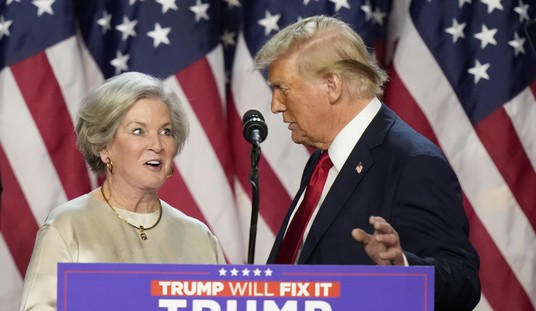Was Erich Honecker, chairman of the East Germany’s State Council until 1989, right after all? “Neither an ox nor a donkey can stop the progress of socialism,” he confidently predicted. But he probably never dreamed that 33 years after the end of the East German dictatorship, expropriating housing companies would once again be very much on the agenda.
Nevertheless, a majority of Berliners supported property expropriation in a city-wide referendum on September 26, 2021. The demand to municipalize rental units owned by large housing companies attracted 57.6 percent of the vote. As the government is not legally bound by the result of the referendum, it was decided to first appoint a commission of “experts” to clarify the legality of taking the property of major landlords into state hands. The commission has now concluded that the nationalization of large housing companies is compatible with the German constitution. The ruling was no surprise, however, as the commission consisted of three representatives from each of the left-wing parties in government at the time – the SPD, Greens and Die Linke – plus three members of the left-wing initiative that campaigned for the referendum in the first place, Expropriate Deutsche Wohnen & Co.
Expropriation of the housing companies would have a disastrous effect. Already, many real estate investors are giving Berlin a wide berth, having been unsettled by the city’s rent cap, which forced landlords to reduce contractually agreed rents and prohibited rent increases. Although the rent cap was subsequently overturned by Germany’s highest court, the Federal Constitutional Court, uncertainty remained. The more recent debates about large-scale expropriation have added fuel to the fires of uncertainty. In the event of an actual expropriation, Berlin would probably be viewed by investors in much the same way as Venezuela.
Recommended
International investors are already increasingly pulling out of Germany. For the fifth year in a row, foreign investment once again declined last year, falling to its lowest level since 2013, as a study by the audit and consulting firm EY recently revealed. And a study by the Institute of the German Economy (IW) found that in 2022, $132 billion more direct investment flowed out than was invested in Germany. That was the largest outflow among the 46 surveyed countries!
No wonder: In the past, Germany’s main competitive advantages included its well-trained workforce, well-developed infrastructure and a rule of law that provides a high degree of legal certainty. None of that now applies. More skilled workers emigrate from Germany than immigrate. Of OECD countries, Germany has the third highest emigration rate. What’s more, 75 percent of those leaving the country are university graduates.
Germany’s infrastructure is in a catastrophic state after 16 years of Angela Merkel. Ideological energy policies have pushed electricity prices higher than in almost any other country, leading companies such as BASF to prioritize investments in China. If international investors now have to add the specter of nationalizations to their worries, this would mean the end of legal certainty and the end of Germany as an attractive investment destination.
Anyone who lives in Berlin knows that it is practically impossible to find a new apartment. The rental housing market has ground to an almost complete halt. Recently, rents have risen at a faster pace than in any other city in Germany. All this is the disastrous result of the socialist housing policies of the SPD, the Greens and Die Linke.
Nationalization would not create a single new apartment, it would simply recreate the conditions found in the housing market in socialist East Germany (also known as the German Democratic Republic, or GDR for short). Proponents of expropriation believe that the only good housing is state-owned housing. The recipes that have been tried out in Berlin in recent years, or are now to be tried out, all date back to the time of the GDR. The GDR had a rent cap (which, admittedly, originated under Adolf Hitler and was merely continued in the GDR). The majority of rental apartments were state-owned. And the result?
After decades of National Socialist and socialist rule, the housing stock in the GDR and Berlin was in a disastrous state. In 1989, when the GDR finally collapsed, 65 percent of all apartments were still heated by coal stoves, 24 percent had no toilet, and 18 percent no bathroom. Elevators, balconies and modern kitchens were even less common. As many as 40 percent of apartment buildings were considered severely damaged and 11 percent were completely uninhabitable. Socialism leads to housing shortages – then as now.
Rainer Zitelmann is the author of the book “In Defense of Capitalism. Debunking the Myths” https://in-defense-of-capitalism.com/

























Join the conversation as a VIP Member